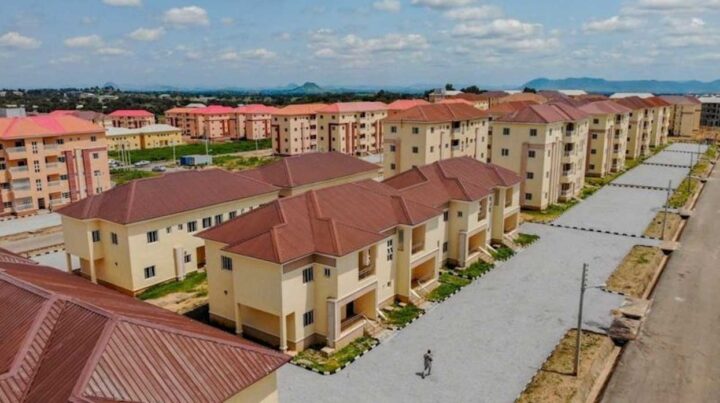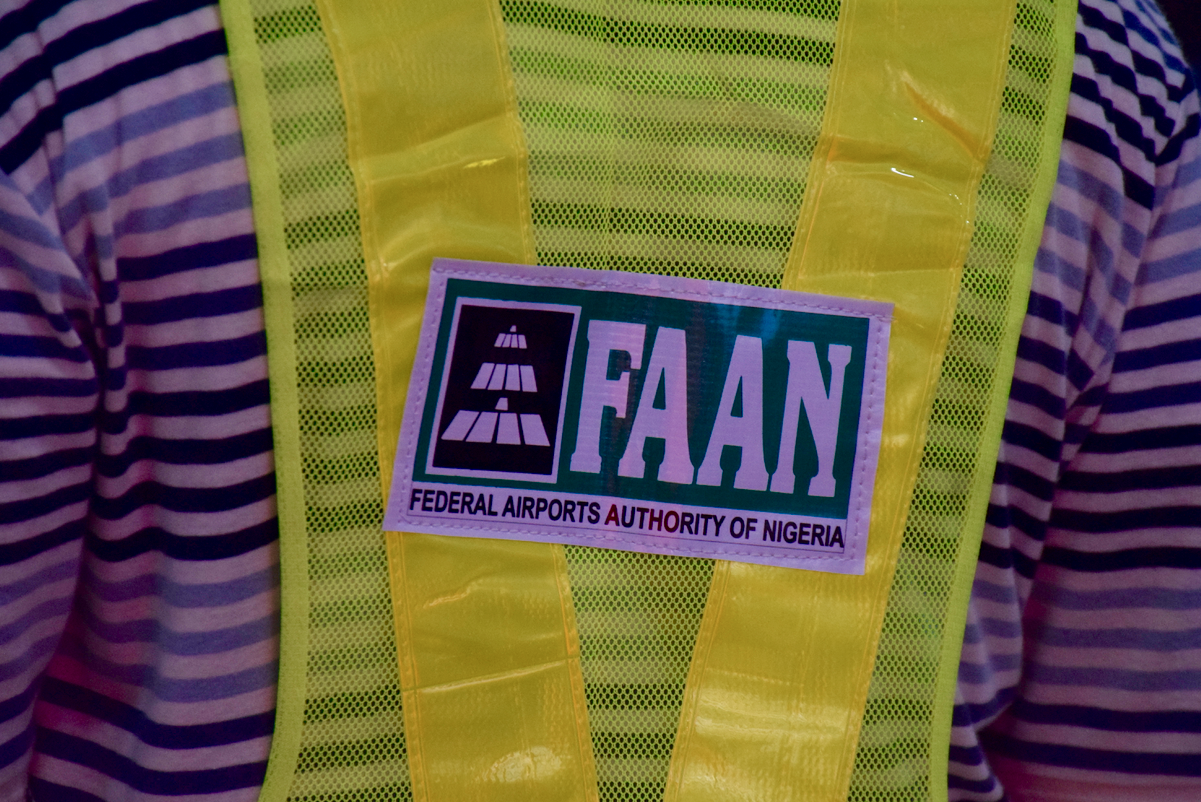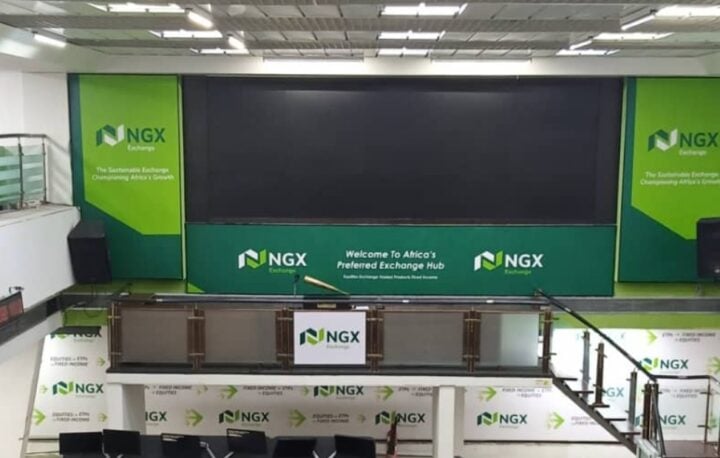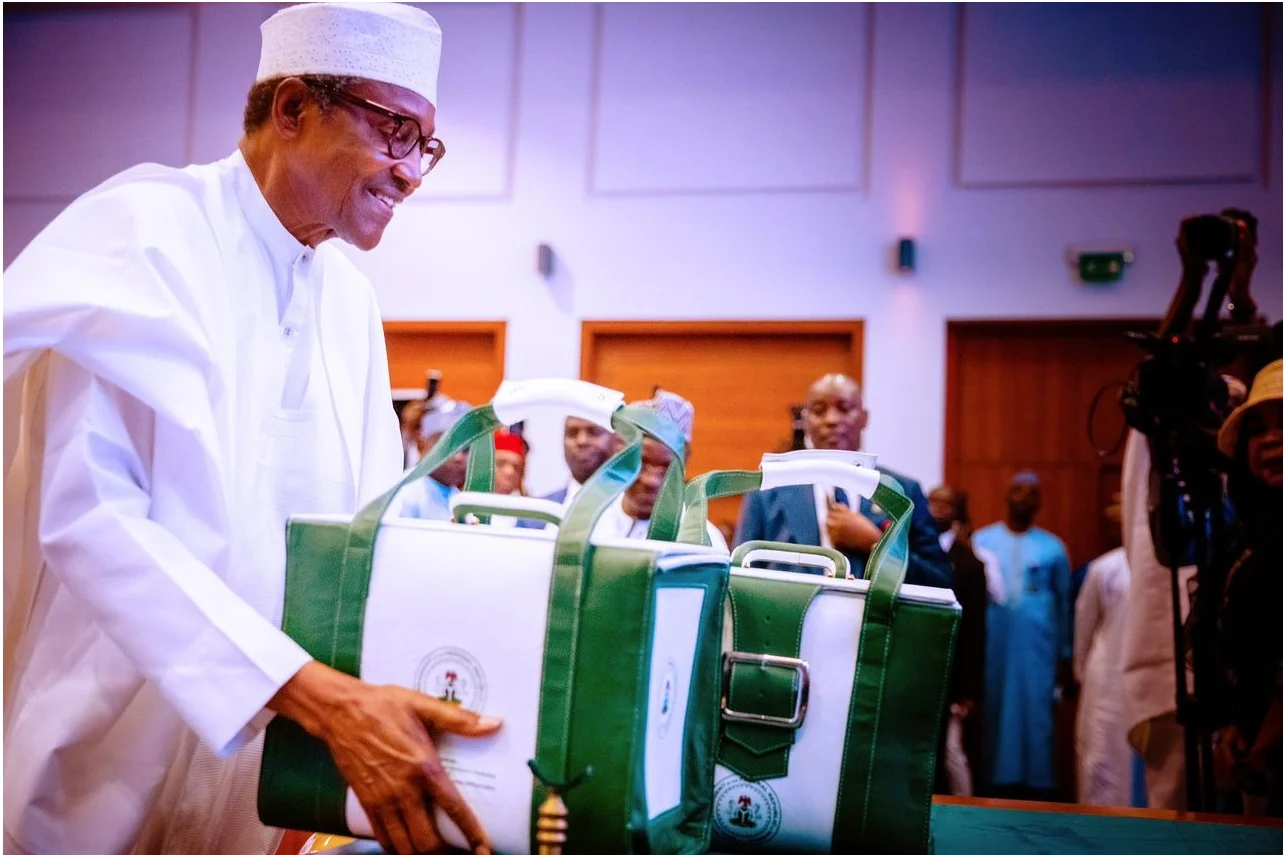Dele Alake, minister of solid minerals development, says the private sector will hold 50 percent equity in the Nigerian Mining Corporation (NMC) to insulate it from political pressure and ensure its longevity.
Alake spoke at a ministerial retreat themed ‘Enhancing Performance, Strengthening Accountability, and Fostering Innovation in the Solid Minerals Sector,’ hosted by the ministry of solid minerals development on Friday in Abuja.
President Bola Tinubu on March 3 approved the appointment of Martins Imonitie as the chief executive officer (CEO) of the Nigerian Mining Corporation (NMC).
During the retreat, Alake said the government will hold 25 percent while the general public will own the remaining 25 percent of the mining corporation.
Advertisement
“I wanted something that will endure and be efficiently managed to return benefits for Nigerians and the only way is to make it wholly substantially private sector driven so that there will be no public administrative or political pressure from any government,” he said.
“This government has a tenure, according to the constitution, it is two terms of eight years and another government will come. If it is tied to the broad strings of the public sector then it won’t last and we want something that will last.
“So the structure is patterned along the model of the NLNG and as a vehicle for attractive foreign direct investment, the private sector will hold about 50% of the equity.
Advertisement
“The government will own 25% and the remaining 25% will be offered to the general public. As long as you are a bonafide Nigerian, you can own shares in that company so that at the end of the day no government can have any political pressure or exact influence unduly in the running of this company, and that’s not a mean feat.”
NIGERIA ADOPTS PARC
Alake noted that Nigeria has adopted the Pan-African Resources Reporting Code (PARC), a move aimed at domesticating geological data certification and reducing reliance on foreign agencies.
“We have all promised to adopt it in our various countries. Because we are initiating it, we have to lead by example. We have already adopted it here,” he said.
“Further to discussions with friendly donor countries, we are improving our mineral testing capacity to reduce foreign exchange paid by Nigerian firms to foreign mineral testing companies, and enhancing commercial transactions by cutting the time correctly used to get results of mineral tests.”
Advertisement
The minister on Wednesday urged other African countries to adopt the PARC as lack of coordination in reports affect investor confidence.
SOLID MINERALS MINISTRY REVOKES 2,557 LICENSES FOR NON-COMPLIANCE
Alake said the ministry has revoked 2,557 licences due to non-compliance, as part of efforts to sanitise the sector and ensure adherence to regulations.
“The establishment of the Mining Marshals, the first-ever 2,350 combat-ready team specially trained to enforce Nigeria’s mining laws, is a game-changer in historic efforts to tackle insecurity in the sector,” he said.
“In line with the emphasis of the Tinubu administration to promote efficiency and effectiveness of public agencies, we reviewed the activities of the Nigerian Mining Cadastral Office.”
Advertisement
“The outcomes include Revocation of 924 dormant licences, Revocation of 1,633 licences for defaulting in annual service payments, and Enhancement of the digital platform and EMC+, to ease applications processing globally online.”
The minister also said the mining marshals have cleared 98 mining sites, arrested 273 suspects and are monitoring over 400 illegal mining sites.
Advertisement
“This kinetic approach is enhanced by a non-kinetic option which leverages the mobilisation of artisans to form co-operatives, stop illegal mining and become bankable,” he said.
“At least 307 new co-operatives were registered in the last year by artisanal miners in response to the sensitisation programmes of the department.”
Advertisement
Alake added that in a bid to scale up monitoring of mines with security, the ministry secured the approval of the federal executive council (FEC) for a N2.5 billion satellite mines monitoring project, and the facilities will enhance the visibility of the sector.
Advertisement







